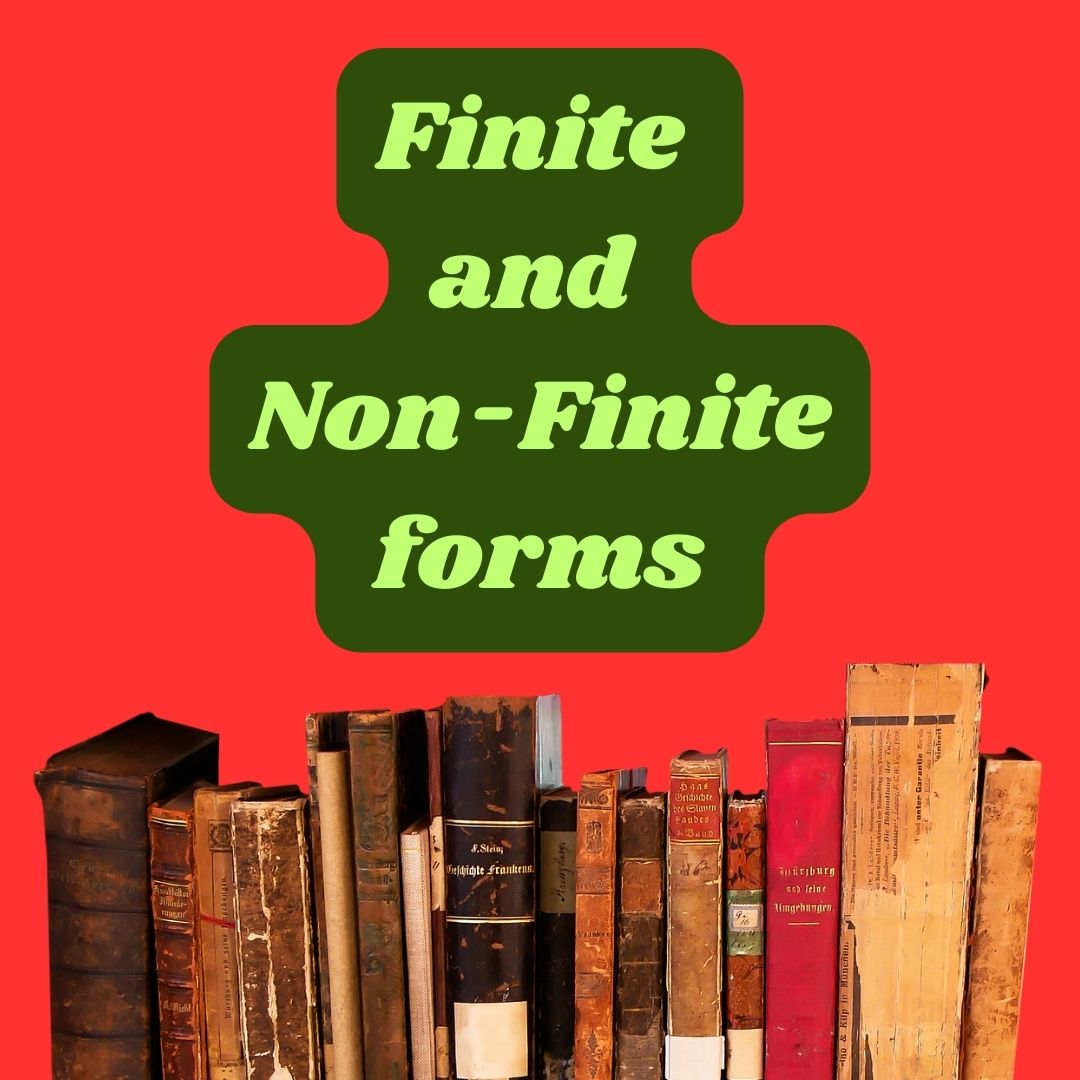Tag: finite

The Participle-Non-Finite form of the Verb
The participle is a non-finite verb form that possesses properties of both verbs and adjectives (and sometimes adverbs). It can be used to create verb phrases, participial phrases, and adjectival phrases. Participles, as verb forms that function as adjectives, can be used to modify or describe nouns, effectively turning them into attributes. When a participle is used to modify a noun, it acts like an adjective, providing additional information about the noun.

The Gerund-Non-Finite form of the Verb
The gerund is a non-finite verb form that functions as a noun in a sentence. It is created by adding the suffix ing to the base form of a verb. The gerund can be used as a subject, object, or complement in a sentence

The Infinitive-Non-Finite form of the Verb
The infinitive is a verb form that typically uses the word to before the base form of the verb. For example: to run, to walk, to eat, etc. The infinitive form is often used as a noun, an adjective, or an adverb in a sentence.

Finite and non- finite forms of the Verbs
In grammar, a finite verb is a verb form that shows tense, person, number, and mood. A finite verb is used to indicate that the action or state of the verb is limited to a specific time or subject.